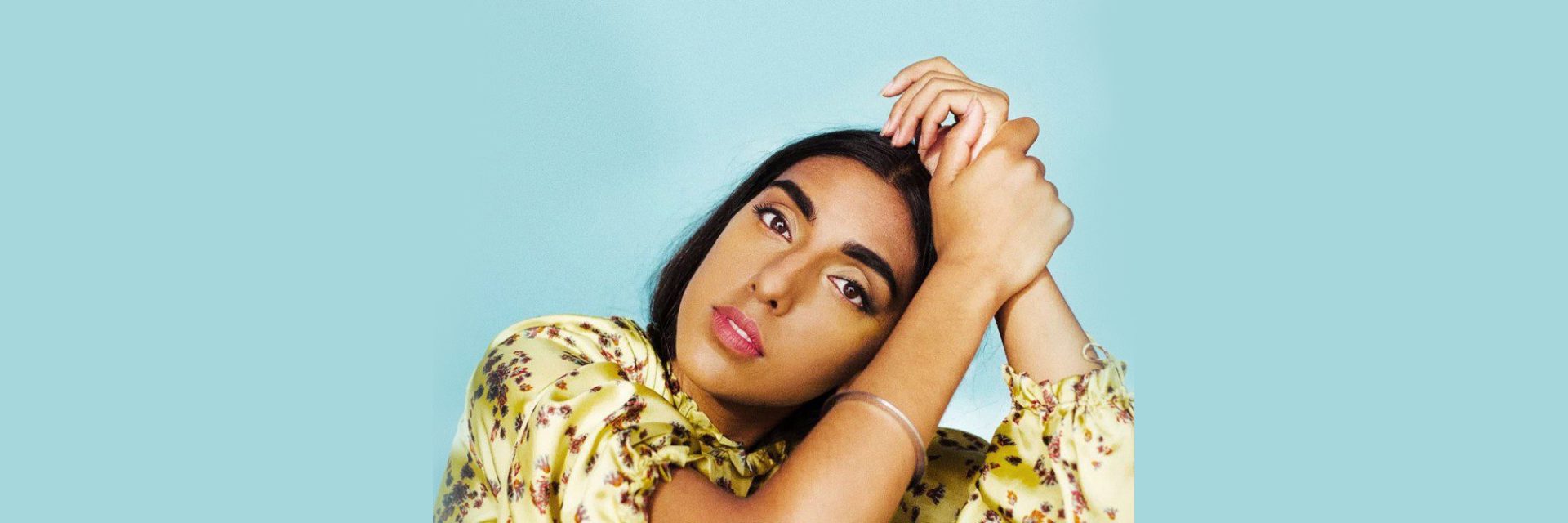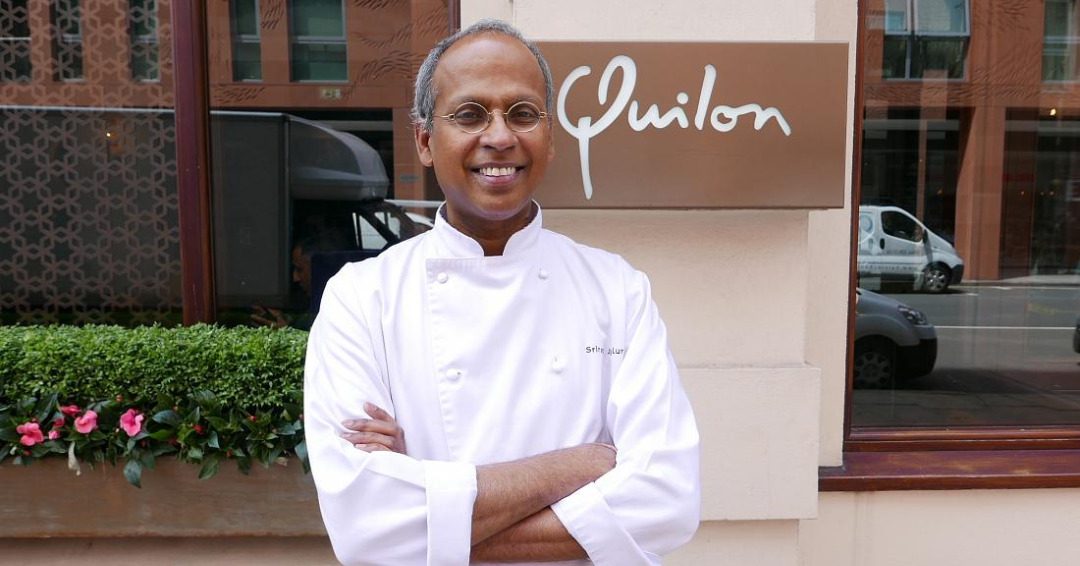(September 21, 2021) When 28-year-old Instapoet Rupi Kaur began sharing her brand of poetry with the world, she was met with disdain and disregard. She was constantly told that her words had no substantial worth, and couldn’t be considered as real poetic brilliance. When she decided to self-publish her now famous book, Milk & Honey, in 2014, she was told that the literary world would not take her seriously. It’s safe to say that she proved the naysayers wrong. Not only did her poetry resonate with an entire generation of young readers, it established her as one of the leading voices of our times.

For Kaur, a young, brown, Punjabi Sikh woman from a working-class immigrant family, growing up with little access to resources allowed her to live life on her terms. So, when she decided to go against the grain and self-publish her book on poetry in 2014, she did not feel pressured to meet the expectations of the literary world at large. Her self-assuredness guided her to make independent decisions that served her interests solely. Her approach to life is reflective of a generation of Indians who are not afraid to create their own paths to success.
Rupi Kaur has also evolved into an inspiration leader as she pens pieces that spotlight women-centric topics like women-hood, inequality, violence, growth, and: peace. At the center of her work is human dignity. She allows her beliefs to flow through her pieces, giving it an uplifting, but honest tone. In 2015, a picture of her lying in bed with blood stains around her signified the arrival of a new voice – one that wasn’t afraid to highlight taboo topics that most Indian women were ashamed to discuss given the social stigma attached.

Not only is Kaur’s work inspirational, as a global Indian, her voice is among the loudest in the room when standing firm in support of important issues. But, facing those issues head on come with their own set of challenges and obstacles. However, taking on these challenging issues has placed her on a journey of personal growth through knowledge obtained along the way.
Empowering the Indian Diaspora
In using her work to create an identity for herself online, Kaur chose to translate her pieces after her friends told her that people across the globe needed to be informed about issues affecting Indian society, including female infanticide and farmers’ rights. She soon learned that the issues she would spotlight affected the Indian diaspora everywhere. Once she established herself on social media, her work began to go viral. By lending her voice to the voiceless, she inspired a new generation of global Indians to take a stand for their country, even if they may not necessarily live there.

Rupi Kaur has been vocal about the fact that the Western world does not understand us as a people. In fact, she and a bunch of South Asian immigrant individuals had that feeling in common. On the flipside, Indian households in foreign lands, according to her, have no idea what an immigrant Indian child may go through at school. Bridging that gap between heritage and a new identity has influenced Kaur’s work immensely.
In a candid interview with Firstpost, Kaur said, “You realize nobody gets you and your struggle with identity. The literature you study, the things you watch on TV — none of it reflects you. You are hungry to understand things, you experience self-hate. Then you find a group of brown people, who are like you… That’s what happened to me. I found a group of people, and they were the first ones to tell me to love myself. That we are so beautiful, our brown Asian skin, our bodies. And that was very important to me, because before that, I hated being brown. It was never easy being a girl — that too a brown girl. I’d feel that life would be so much easier if I was a white person. That group of people changed my life. They supported me, they put me on stage.”

Despite her fame, Rupi Kaur continues to receive online hate for some of her work. In fact, she is ridiculed for poetry. However, she believes that it is important to stay in the moment, and grounded. Not only does it allow her to remain authentic in her writing, it also allows her to explore different avenues of self-expression. While Kaur doesn’t believe that she’s the definitive voice of Indians globally, she does want to be heard among the multitude of voices that inform an entire generation.
Find more fascinating Stories

